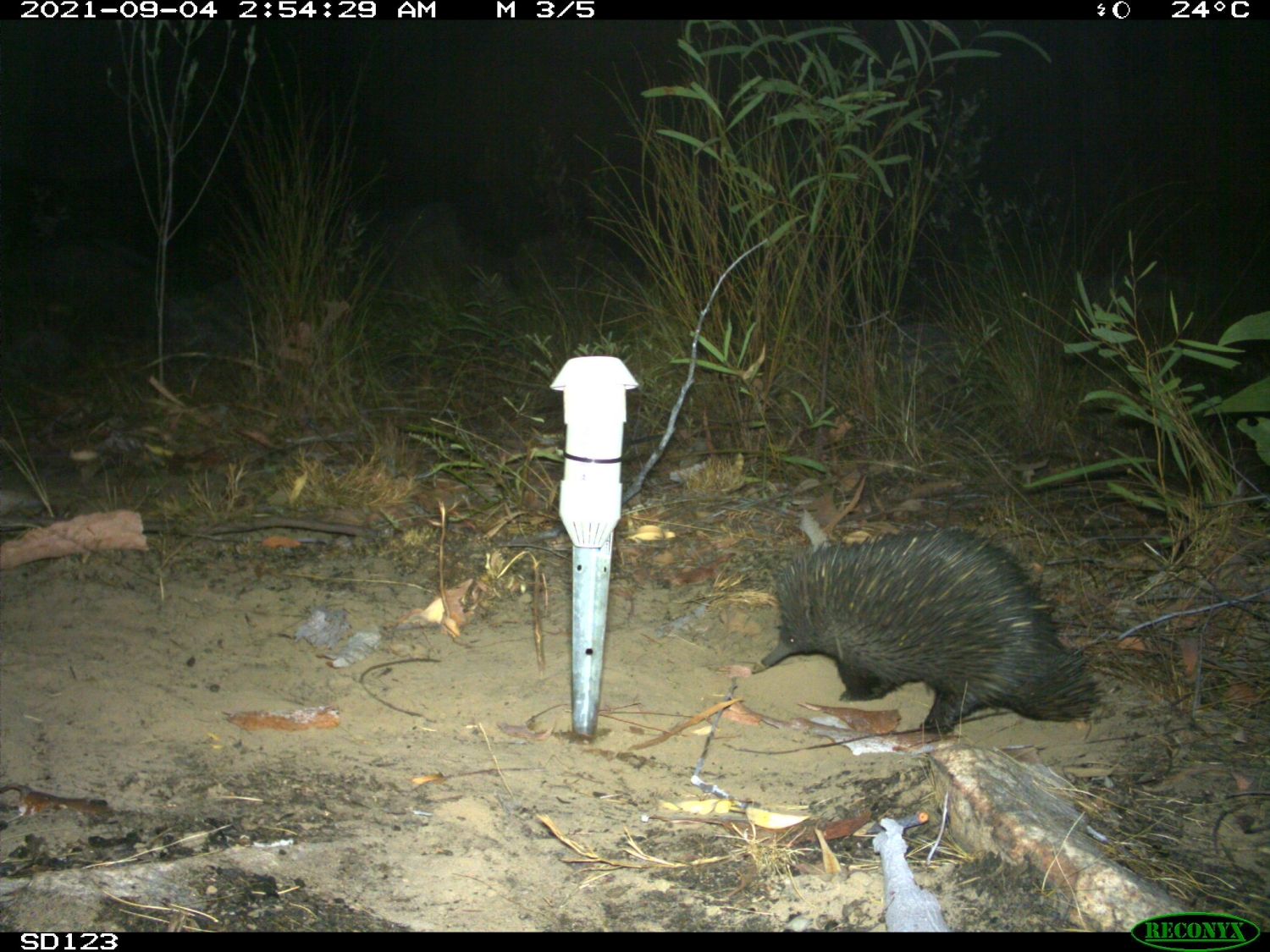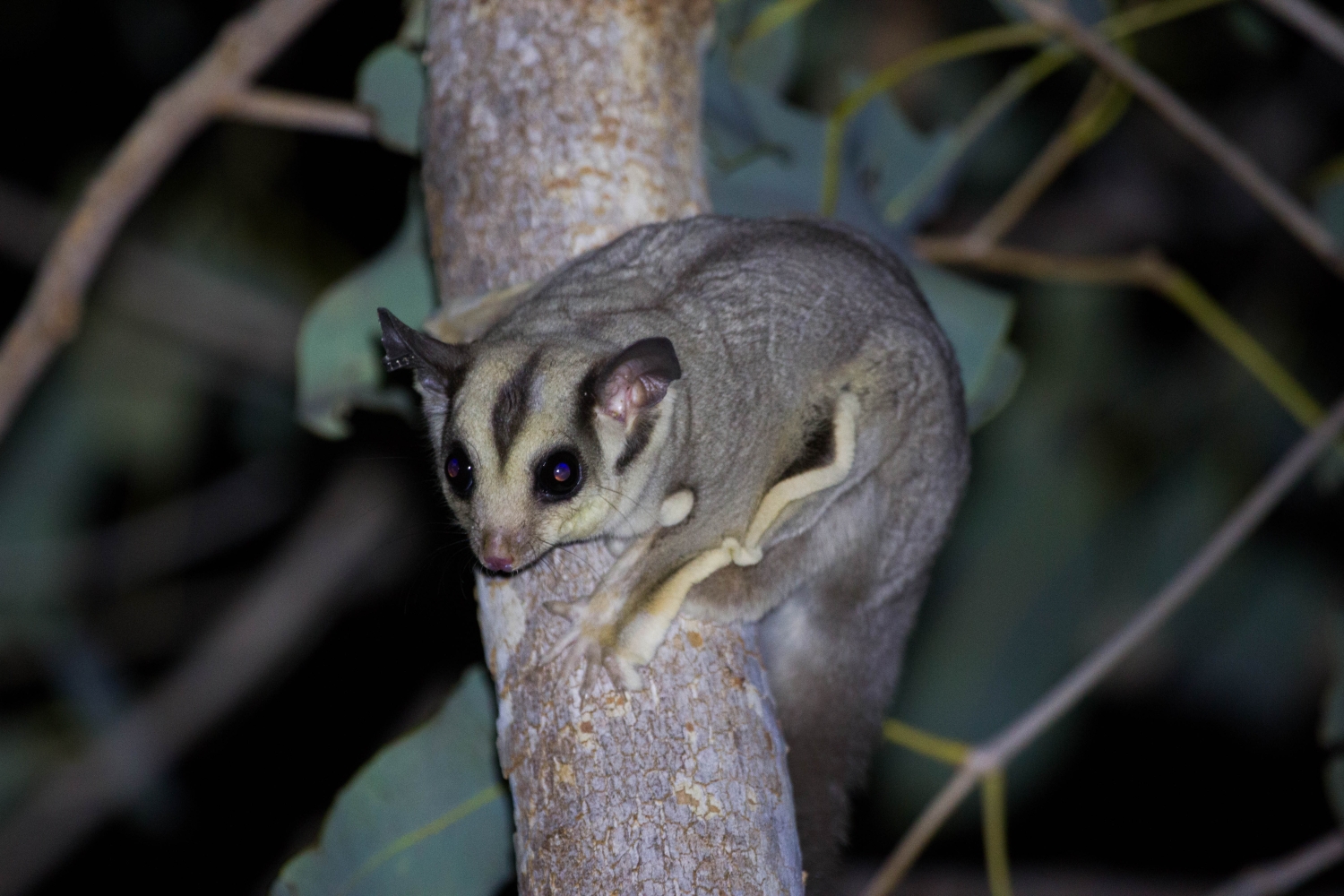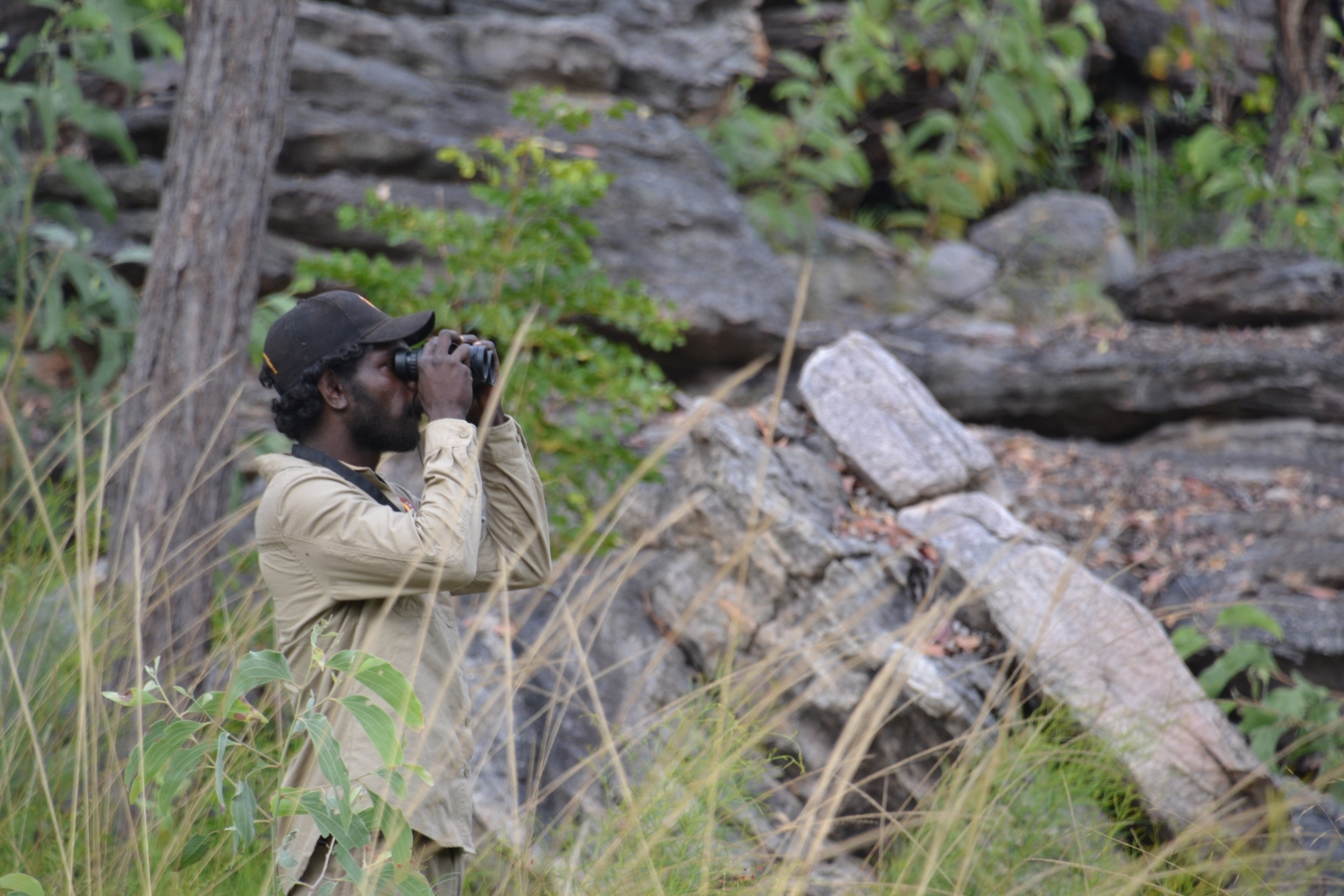Karrkad Kanjdji Trust and Foundation for National Parks and Wildlife are supporting Indigenous rangers in their efforts to protect and restore native species across the important Indigenous Protected Area (IPA) of Warddeken.
‘Native animals are important in our Country because they have a connection with us, and we have a connection with them, and to the land” - Sarah Nabarlambarl Billis
Warddeken’s Mayh recovery project began in 2017 at the request of Traditional Owners. It is a long term project blending Western science and Indigenous ecological knowledge, aiming to increase populations of small mammals within the Warddeken Indigenous Protected Area. The defining purpose of the program is to achieve biodiversity and biocultural heritage conservation in the Stone Country.
With philanthropic support, like that of FNPW, rangers can conduct essential work such as setting up motion-sensing biodiversity monitoring cameras, analysing data about the distribution and size of threatened animal populations and measuring the impact of key threats such as feral animals and wildfires. With this information, rangers can then develop targeted management plans to reduce the impact of threats and support native species to flourish.
With up to 60 individual monitoring sites each year, Warddeken rangers have already identified endangered species such as the Djabbo (Northern Quoll) and Bakkadjdji (Black-footed Tree-rat), vulnerable species such as the Yirlinkkirrkkirr (White-Throated Grasswren) and Djeybuh (northern brushtail possum). These species also hold deep cultural importance. Rangers have identified effective approaches to restoring these species across the IPA, which then informs other work programs across the ranger organisation.It is with the generosity of future-thinking philanthropic partnerships like Foundation for National Parks and Wildlife, that ensures vital care for these important ecosystems can take place.
“The work that KKT and the Indigenous rangers are undertaking in Arnhem Land are at the core of our existence. By blending Traditional Owner knowledge and science together we are protecting threatened species and improving the biodiversity of Australia for future generations"- Ian Darbyshire, CEO, FNPW


